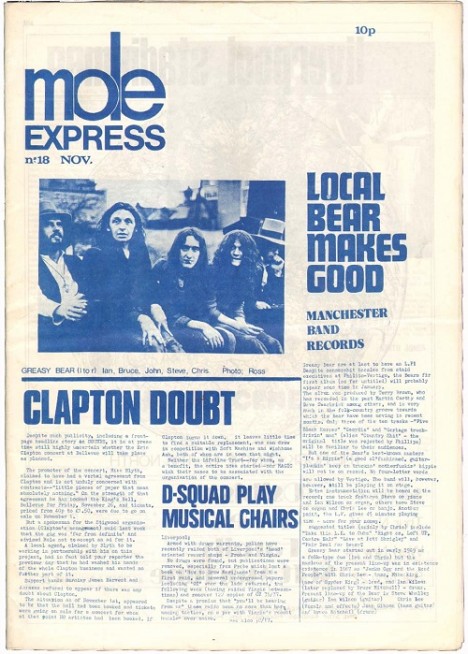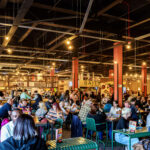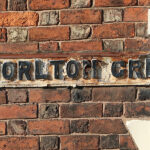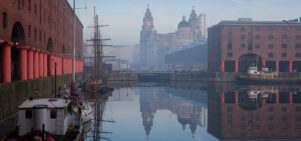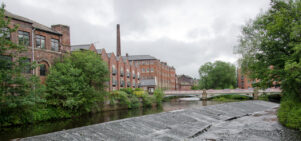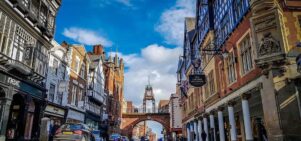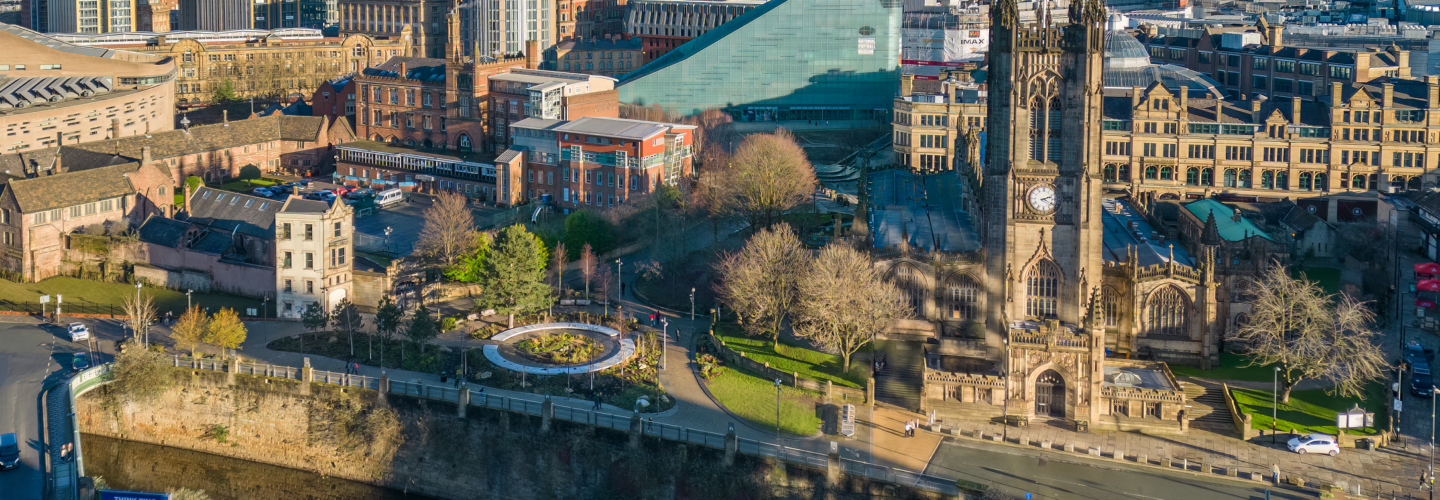That which is written. Dave Haslam on Manchester fanzines.
Susie StubbsAs Manchester Histories Festival kicks off, Dave Haslam reckons Manchester’s music history is all up for grabs.

There is nothing so murky as the past. One person’s cast-iron memory is another’s outright lie. Take Manchester’s music history. Sure, everyone reckons they know someone who went to the Haҫienda, and who doesn’t know about Joy Division and Factory Records?
Many people claim Manchester’s post-punk era as their own, yet beyond the headlines there are surprisingly few facts. This is a period that fell between the historical lines. It is barely more than a series of drunken stories passed on; legends born in nightclub queues.
That may be about to change, thanks to DJ-turned-historian Dave Haslam. He’s heading up a panel as part of Manchester Histories Festival that seeks to uncover the truth about the post-punk era. He’s starting with the riot of fanzines produced in the late 1970s and early 80s, such as City Fun, the magazine that for five years tracked “how Manchester evolved from a city overshadowed by what was happening in London into this really important post-punk city.”
“This was cultural criticism at the sharp end,” he says. “Editors of publications like City Fun were always early adopters, and opinionated. It’s fascinating to read their coverage of the opening of the Haҫienda – when first reported it was all ‘who does Tony Wilson think he is, it sounds like the arty Arndale’, yet within six months they were reviewing it.”
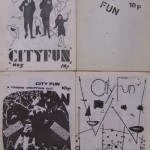 City Fun covered everything from the burgeoning gay scene to stalls in the then-Corn Exchange. It was cutting-edge at a time when cuts would bleed – like City Life, the magazine that would follow in its wake, it wasn’t afraid of poking a stick at the powers-that-be. It covered things that no mainstream publisher would touch – certainly not the Manchester Evening News, a paper so uninterested in Joy Division that according to Haslam it misspelled the name of Ian Curtis throughout its report of his suicide.
City Fun covered everything from the burgeoning gay scene to stalls in the then-Corn Exchange. It was cutting-edge at a time when cuts would bleed – like City Life, the magazine that would follow in its wake, it wasn’t afraid of poking a stick at the powers-that-be. It covered things that no mainstream publisher would touch – certainly not the Manchester Evening News, a paper so uninterested in Joy Division that according to Haslam it misspelled the name of Ian Curtis throughout its report of his suicide.
And there lies the irony. The fanzines that documented this era in such detail no longer exist. They were anarchic and temporary; no archive cherished them (though the excellent Salford Zine Library is going some way to rectify this now). As such, this is history that is yet to be set. “What happened in post-punk Manchester happened away from the mainstream and in opposition to it,” says Haslam. “It’s interesting that Manchester Histories Festival uses the plural; it understands the battles being fought over the meaning of the past.”
This event may begin to tell the ‘real’ history of post-punk Manchester; it includes fanzine contributors Bob Dickinson (City Fun and the New Manchester Review) and Mike Don (Mole Express). Haslam, meanwhile, has begun gathering original copies, and is working with Manchester District Music Archive to digitise them. He hopes to trace a line from the political papers produced in the 1960s to the music mags of the 1970s and on to today’s DIY culture.
“There is a generation now that is going back to the handmade, and to self-published fanzines. There has been a real resurgence and I’m keen to trace this; to link the alternative publications of the past to what’s happening today.” By gathering together some of the protagonists of that earlier period, and collating copies of publications long-since dead, Haslam may yet succeed in re-writing history.
Fanzines panel debate led by Dave Haslam, Manchester Town Hall, 3 March, 4pm-5pm, free. Booking recommended on 0161 306 1982. There is also an earlier introductory talk at the Friends Meeting House, 12.30pm-1.30pm, also free. Part of Manchester Histories Festival, on until 4 March 2012. Words: Susie Stubbs. Images (top to bottom): Shy Talk cover, 1977; various covers from City Fun, 1978; cover of Mole Express, 1971, all courtesy Dave Haslam/Manchester District Music Archive.
